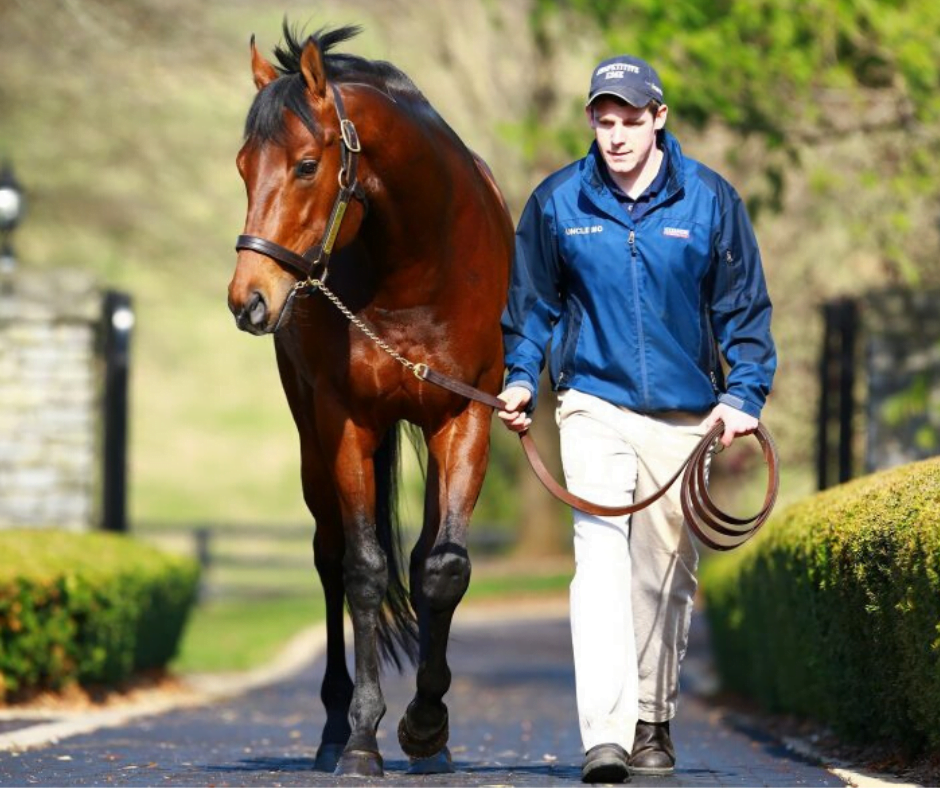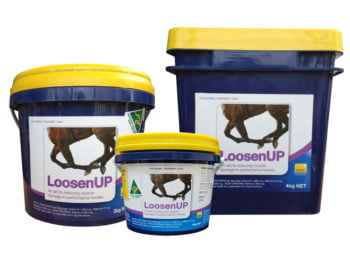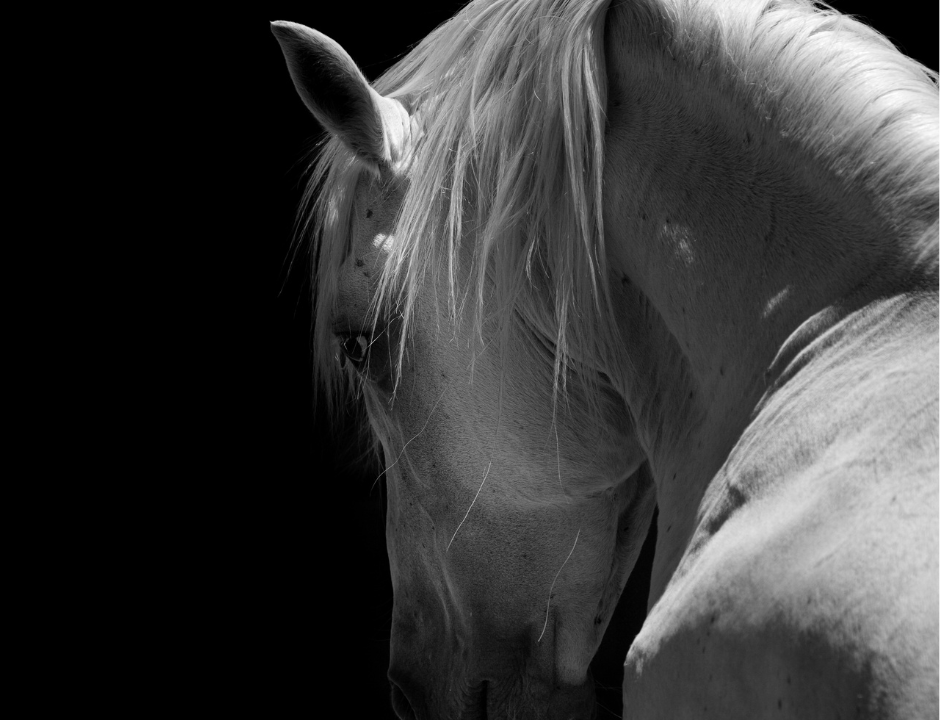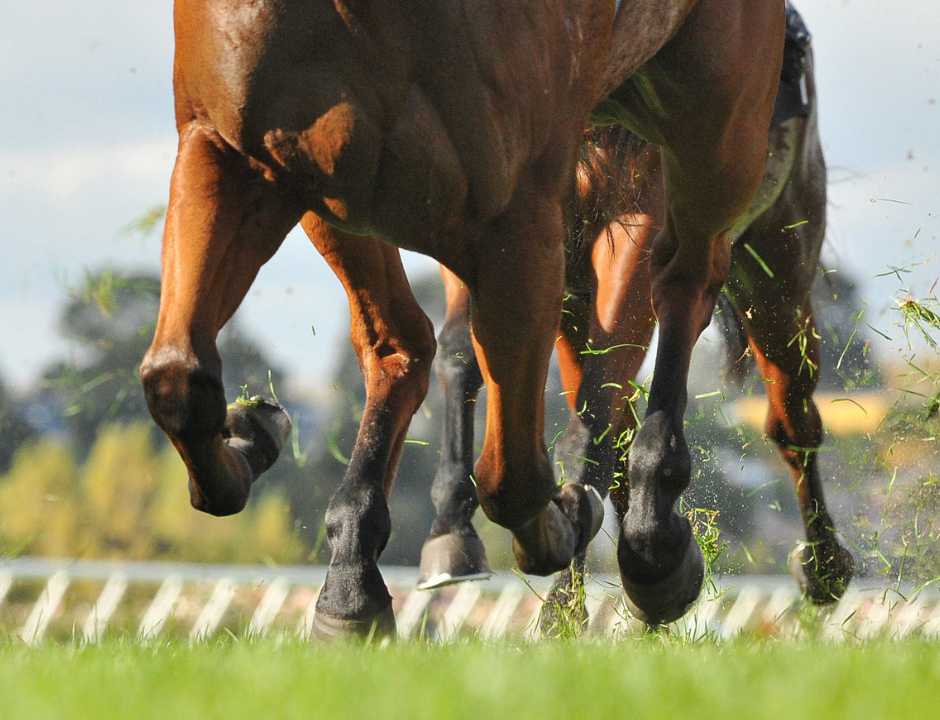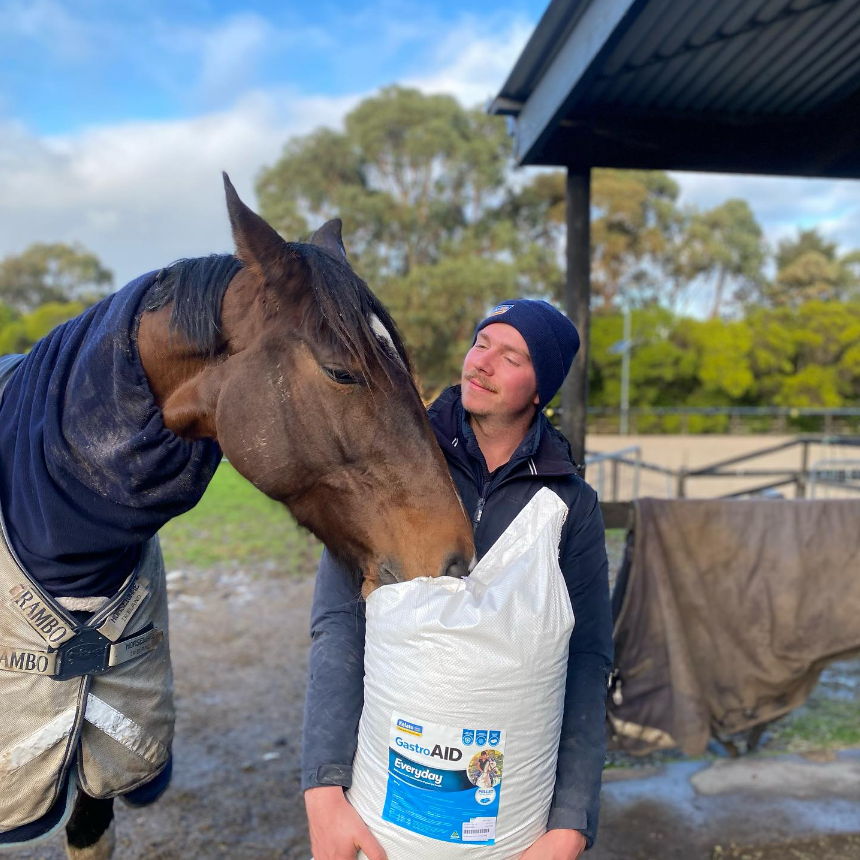When developing an appropriate feed program for stallions during breeding season it is important to treat each horse as an individual. Various factors such as age, breed, body condition, temperament, breeding frequency and workload should be taken into consideration. The stallion’s diet should meet all of his energy, protein, vitamin and mineral requirements. The physical act of breeding mimics the caloric needs of a horse in light work.
Of course, the success of a breeding stallion relies heavily on the viability of his sperm. Whilst there is no “magic” supplement, research has shown that certain vitamin and minerals can be of benefit.
The stallion’s reproductive organs are susceptible to oxidative damage due to the high content of fatty acids in their cell membranes. Fertilisation is also heavily dependent on cell membrane integrity. For this reason, supplementation with antioxidants such as vitamin E, vitamin C and selenium is vital for fertility.
Oxidation is a normal metabolic process that allows horses to convert the carbohydrates, fats and protein they consume into energy. An unfortunate by-product of oxidation is the production of free radicals, which can cause irreversible damage to the cells in the horse’s body. Free radicals are particularly detrimental to cell membranes.
Vitamin E is a potent antioxidant that helps to maintain the health of the membrane lipids in sperm. Working in conjunction with vitamin C, vitamin E scavenges and converts free radicals into stable compounds. Due to its water-soluble nature, vitamin C can work both inside and outside the cell to combat free radical damage. Vitamin C also helps by regenerating vitamin E so it can continue its raid against free radicals.
Selenium is an essential component of glutathione peroxidase, an intercellular enzyme that helps prevent the formation of free radicals. Glutathione peroxidase also destroys lipid peroxidases, which damage cell membranes. Selenium plays a few roles in stallion fertility. It is important for testicular function and testosterone production, as well as sperm motility and structure. When selenium is lacking, sperm motility drops, the membranes breakdown, and the sperm’s acrosome (which covers the head) can deform. It is important to note that selenium has a relatively narrow range between the daily requirement and toxicity levels. Stallions require approximately 3mg per day. It is important to analyse your stallion’s diet as a whole before considering further supplementation.
Kelato’s LoosenUP contains a blend of the potent antioxidants vitamin E, vitamin C and selenium to provide your stallion with the support he needs to maintain optimal fertility during breeding season.
Written for Kelato Animal Health Technical Manager & Nutritionist Natalie Hackl BAnVetBioSc (Hons), BEqSt
